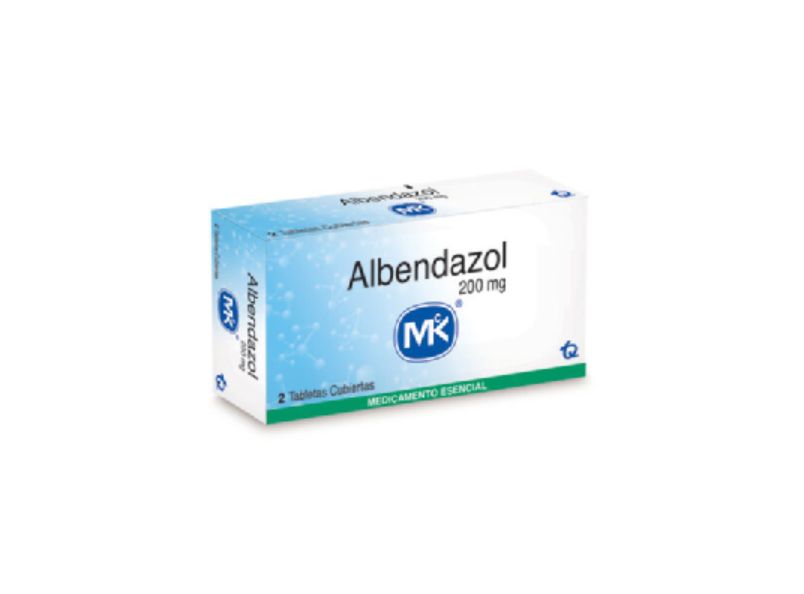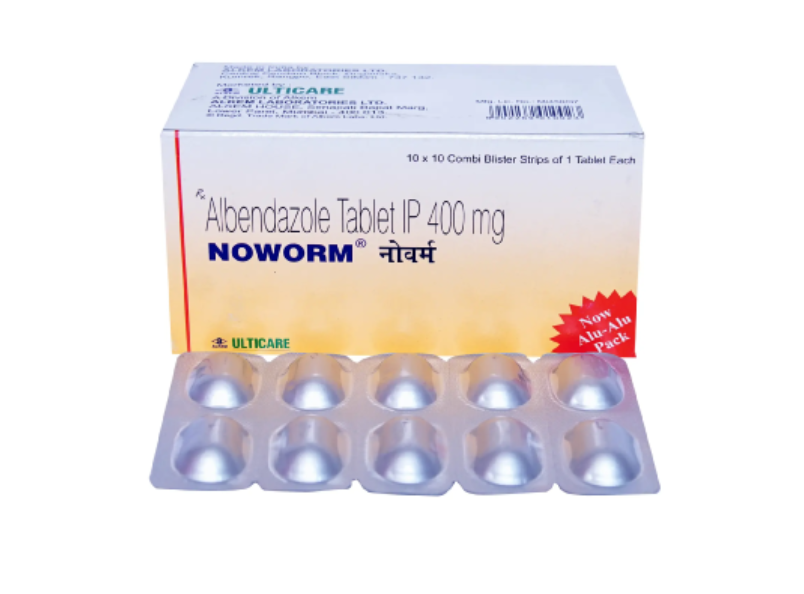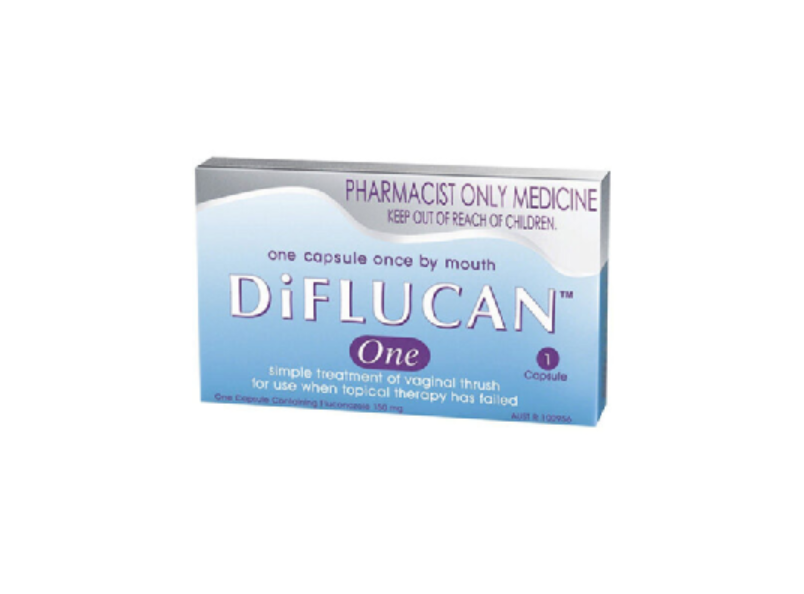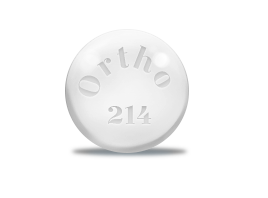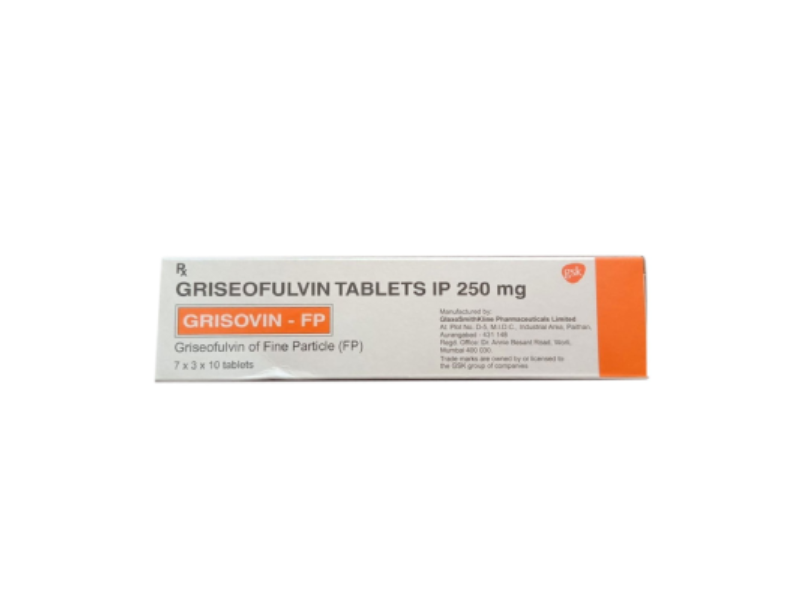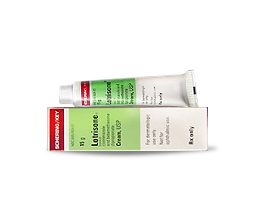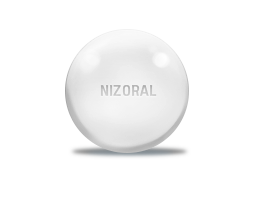Showing all 10 results
-
ALBENDAZOLE 400 MG (albendazole)
$116.96 – $199.89Albendazole works by interfering with the metabolic process of the parasites, causing them to die and eliminate them from the body. This drug is effective against a wide range of parasites, including tapeworms, roundworms, and hookworms.
-
-
-
-
DIFLUCAN 50 MG (Fluconazole)
$143.97 – $272.64DIFLUCAN is a triazole antifungal drug and used to treat conditions like fungal infections called candidiasis (vaginal infections, throat infections, and fungal infections elsewhere).
-
GRIFULVIN V 250 MG (Griseofulvin)
$169.90 – $302.65Discover the power of GRIFULVIN V (Griseofulvin) in eliminating fungal infections. Experience relief and regain your confidence with this proven antifungal treatment.
-
LAMISIL 250 MG (Terbinafine)
$164.26 – $268.79Discover the powerful Terbinafine treatment in LAMISIL that eliminates fungal infections. Experience lasting relief, renew your skin, and enjoy convenient application for hassle-free therapy.
-
LOTRISONE (Clotrimazole and Betamethasone)
Experience fast and soothing relief from fungal infections with LOTRISONE. The powerful combination of Clotrimazole and Betamethasone eliminates itching, redness, and discomfort. Restore your skin’s health and say goodbye to irritating symptoms.
-
MENTAX 15 GM (Butenafine)
$125.88 – $199.94Experience the power of MENTAX (Butenafine) for fast and effective relief from fungal infections. Say goodbye to discomfort and hello to healthy skin with this clinically-proven antifungal cream.
-
NIZORAL 200 MG (Ketoconazole)
$117.75 – $211.34Experience a revolutionary solution with NIZORAL (Ketoconazole) to combat fungal infections. Say goodbye to dandruff, itchy scalp, and irritated skin, while restoring your hair’s health and beauty. Act now to regain your confidence and enjoy a life free from fungal infections.
Anti Fungal Medication constitute a vital category within the realm of pharmaceuticals and personal care. They are designed to combat fungal infections, which can affect various parts of the body, including the skin, nails, and mucous membranes. Fungal infections are caused by fungi, microorganisms that thrive in warm and moist environments. These infections can range from mild, superficial conditions to severe and potentially life-threatening diseases, making Anti Fungal Medication essential for both treatment and prevention.
Types of Anti Fungal Medication:
Topical Treatments: These include creams, lotions, powders, and sprays applied directly to the affected area of the skin or nails. Topical anti-fungal agents often contain ingredients like clotrimazole, miconazole, terbinafine, or ketoconazole, which work by inhibiting the growth of fungi or destroying fungal cells.
Oral Medications: For more severe or systemic fungal infections, oral anti fungal medications may be prescribed. These medications, such as fluconazole, itraconazole, and voriconazole, are ingested and distributed throughout the body via the bloodstream, targeting the fungal infection internally.
Shampoos and Body Washes: Anti-fungal shampoos and body washes are formulated to treat fungal infections of the scalp, hair, and body. They often contain ingredients like selenium sulfide, ketoconazole, or ciclopirox, which help eliminate fungal pathogens while cleansing the affected areas.
Nail Treatments: Fungal infections of the nails, known as onychomycosis, can be challenging to treat due to the protective barrier of the nail. Specialized anti-fungal nail lacquers or solutions are designed to penetrate the nail plate and combat fungal growth, promoting the restoration of healthy nails.
Household and Environmental Products: Fungal infections can also spread through contaminated surfaces and environments. Anti-fungal sprays, disinfectants, and powders are available to sanitize and eliminate fungal spores from various surfaces, including floors, countertops, and footwear.
Uses and Applications:
Anti Fungal Medication are utilized for various purposes, including:
Treating fungal infections such as athlete’s foot, ringworm, jock itch, and yeast infections.
Preventing the spread of fungal infections in communal environments like gyms, locker rooms, and swimming pools.
Managing chronic fungal conditions like nail fungus or recurrent yeast infections.
Supporting overall hygiene and well-being by eliminating fungal pathogens from personal care items and living spaces.
Safety and Precautions:
While anti-fungal products are generally safe and effective when used as directed, certain precautions should be observed:
Follow the instructions provided by healthcare professionals or product labels carefully.
Consult a healthcare provider before using anti-fungal products, especially if pregnant, breastfeeding, or have underlying medical conditions.
Avoid prolonged or excessive use of topical anti-fungal agents, as this may lead to skin irritation or resistance.
Store anti-fungal products away from children and pets, and keep them in their original packaging to prevent misuse or accidental ingestion.
Conclusion:
Anti Fungal Medication play a crucial role in managing fungal infections and promoting overall health and hygiene. With a diverse range of formulations catering to different types of fungal conditions, these products offer effective solutions for both treatment and prevention. By understanding their uses, applications, and safety considerations, individuals can make informed choices to address fungal concerns and maintain optimal well-being.

